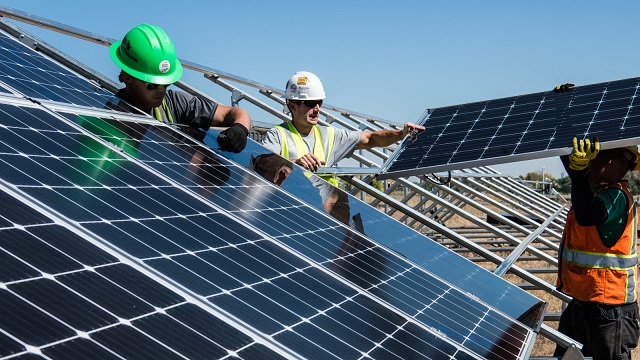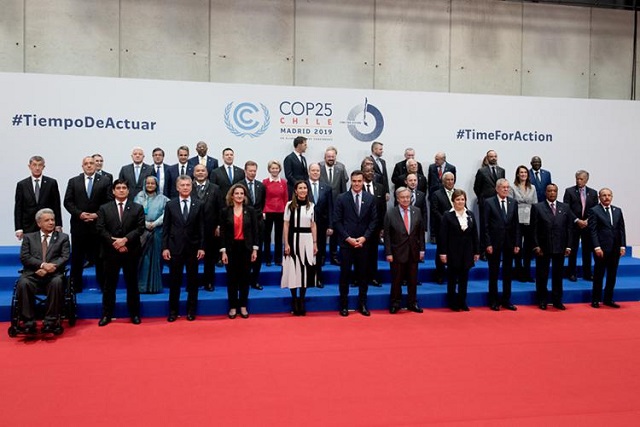EU NEIGHBOURS. A recent report by the International Energy Agency (IEA) has predicted that the global progress on energy efficiency is set to slow further this year as a result of the COVID-19 crisis. This is expected to deepen the challenge of reaching international energy and climate goals, making stronger government action critical.
According to the report, global primary energy intensity – a key indicator of how efficiently the world’s economic activity uses energy – is expected to improve by less than 1% this year, the weakest rate since 2010. This is well below the level of progress needed to achieve the world’s shared goals for addressing climate change, reducing air pollution and increasing access to energy. These trends are followed by decrease in investments in energy-efficient buildings, equipment and vehicles due to the COVID-19 pandemic. The report shows that overall, investment in energy efficiency worldwide is expected to fall by 9% in 2020.
On a positive note, the IEA report also predicts that governments’ economic recovery plans are set to generate almost 2 million full-time jobs between 2021 and 2023. According to the IEA, this will heavily influence future efficiency trends, and it has the potential to drive investments and structural changes that can reduce energy intensity across all sectors of the economy.
Photo: Unsplash.com




























































